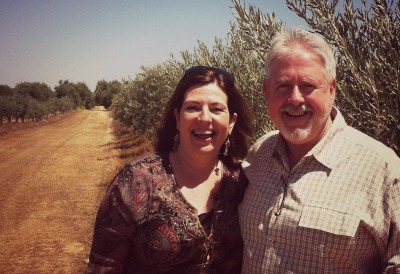“Social procurement is a way of being a good business and doing good business”.
Ever heard of “social procurement”? Maybe not. I hadn’t.
But if you’re in the natural or organic foods sector, chances are that you’re already doing it.
Social procurement is all about making procurement choices that do social good. Choosing supply options that make the world better — not just make your company money. It’s often considered to be a cross-over with marketing and PR, because of the positive brand perceptions that often accompany it.
So how can you make smart social procurement decisions to help grow your business, all while making the world better?
Let’s start at the beginning.
What is Social Procurement?
“Social procurement is a way of being a good business and doing good business”.
Social procurement is about making holistic business decisions that positively affect your company’s growth and the world around you. They can involve selecting local ingredient vendors, choosing recyclable packaging, or choosing suppliers that support fair trade or human rights issues.
These decisions funnel through your business, and (when your story is told properly by your marketing team) can strongly affect your ability to grow your business and gain organic consumer support for your brand.
Even more importantly, these decisions have an internal impact on your company as well. Employees want to work for a brand that makes a positive impact on their community and the world at large.
Customers feel the same way, and may choose your brand over the another because of the supply and sourcing decisions that you’ve chosen to support.
Lastly, our communities need our support, both near and far.
How Can You Implement Social Procurement?
 Understand Your Company’s Policy
Understand Your Company’s Policy
Does your company already have a policy on social procurement? Is it a given that you should always look for a local supplier or a fair trade producer first? Looking into your company’s approach will at least give you a baseline of where to start.
Ask Your Suppliers What They Do
Talk to your ingredient suppliers to understand what they already do to support the initiatives that you’re interested in. Learn about their supply chain, how they bring their ingredients in and how they select their own producers and partners.
Collaborate With Your Suppliers

If there are particular initiatives that you really want to support, collaborate with your suppliers to understand how they will be able to help. For example, even if they’re not fair trade certified, perhaps their business model actually functions under a fair trade model and they’ll be able to document this for you. Or perhaps they can bring in a sustainable, recyclable packaging for you though they might not have it in stock at the moment.
You’d be surprised how flexible suppliers can be if your business is important to them and your volumes are large enough to warrant a change.
Incorporate Your New Criteria Into The Sourcing Process
If the stakeholders in your business agree that a particular sourcing criterion is important to the growth of the business, look closely at how you can incorporate that criterion into your standard sourcing process.
For example, if buying local is important, is there an alliance that you could join or network you could partner with that would allow you to always source local first? Look for solutions to allow you to build your sourcing preferences into your long-term process.
Review and Change Product Specifications
Review your ingredient and product specifications to see if there are positive changes that you can make.
For example, perhaps you’ve always bought your bulk oil in IBC plastic totes in the past that you disposed of when they were empty. By switching to the cardboard versions of this packaging, you can save money and incorporate sustainability and recycling into your sourcing process.
Being open to this option on your spec sheets is a simple change that can make the sourcing process run even better in the future.
What social initiatives have made the biggest impact on your business? Tell us in the comments below.
Topics: Purchasing & Procurement

 Understand Your Company’s Policy
Understand Your Company’s Policy










